In this feature, Wasiu Salami explains the significance of Eid-el-Fitri and how the Corona virus pandemic has shaped and moulded religious worship.
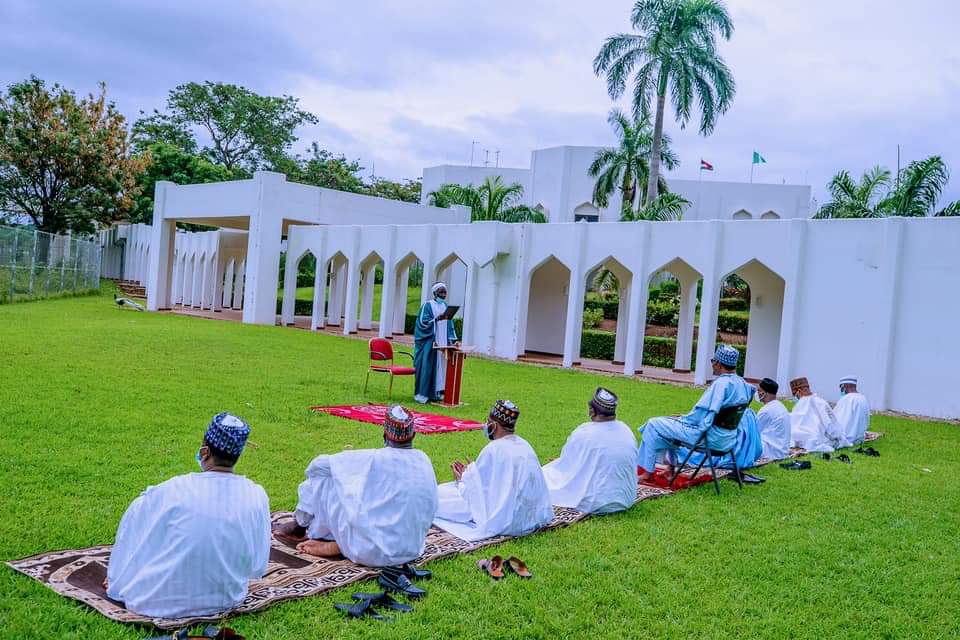 This year’s eid-el-fitr is one that has tested the resolve of Muslim faithful around the world and in Nigeria, it is not different. There are no calls to prayers for Muslims to gather in supplication five times a day; neither would mosques see the heavy traffic and sea of heads the obligatory Juma’at prayers are said every Friday.
This year’s eid-el-fitr is one that has tested the resolve of Muslim faithful around the world and in Nigeria, it is not different. There are no calls to prayers for Muslims to gather in supplication five times a day; neither would mosques see the heavy traffic and sea of heads the obligatory Juma’at prayers are said every Friday.
This is the world we live in and the sacrifice that Muslims have made to curtail the community transmission of the pandemic.
Despite the stringent measures put in place to include social distancing, wearing of masks in public, washing or sanitizing hands, the big adjustment was made and clerics found a way to spread the message of the season and keep their congregation safe.
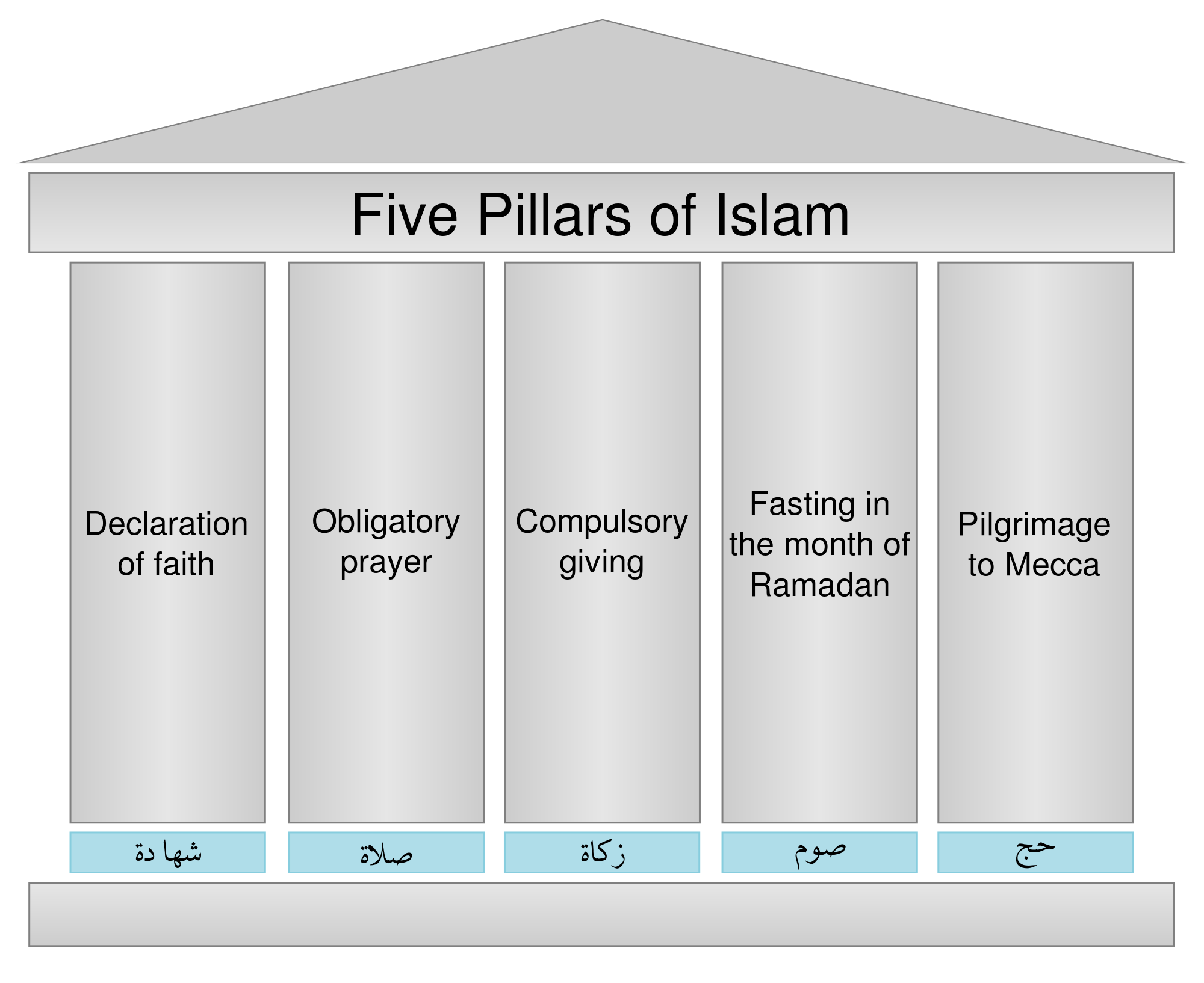 What is the foundation of Islam?
What is the foundation of Islam?
Islam is based on five pillars – Faith (believe in oneness of Allah), Salat (Praying five times daily), Zakat (alms giving), Sawm (fasting in the month of Ramadan), and Hajj (Pilgrimage to the holy land – Mecca; for those who can afford it). Each of these pillars connotes an important aspect of the religion. Faith exemplifies the supreme nature of Allah (SWT) as the creator of all mankind; Salat reiterates the whole essence of why Allah created every living soul, while fasting or Sawm is the spiritual purification of the soul and the body for 29 or 30 days every year. Zakat on the other hand, teaches the spirit of giving, to bridge the gap between the Haves and the Have not, and Hajj (for those who can afford) teaches the equality of every soul before Allah. These pillars are the guiding principles of every Muslim as practiced by Prophet Muhammed (Peace be upon him).
Ramadan and Eid-el-Fitr
Fasting or Sawm is mandatory for every Muslim with a few exceptions, the elderly, travelers , the infirm and women who are nursing mothers or are menstruating. At the end of the fasting period which lasts 29-30 days, eid-el-fitr, also called a festival of breaking of fast is celebrated. Specially, the month of Ramadan is that which is revealed in the Quran: a guidance for mankind, and clear proofs of the guidance, and the criterion (of right and wrong). And whosoever of you is present, let him fast in the month, and whosoever of you is sick or on a journey, a number of others days. Allah desires for you ease. He desires not hardship for you; and that you should complete the period, and that you should magnify Allah for having guided you, and that perhaps you may be thankful (Quran 2:185).
Basic Features of Eid-el-Fitr
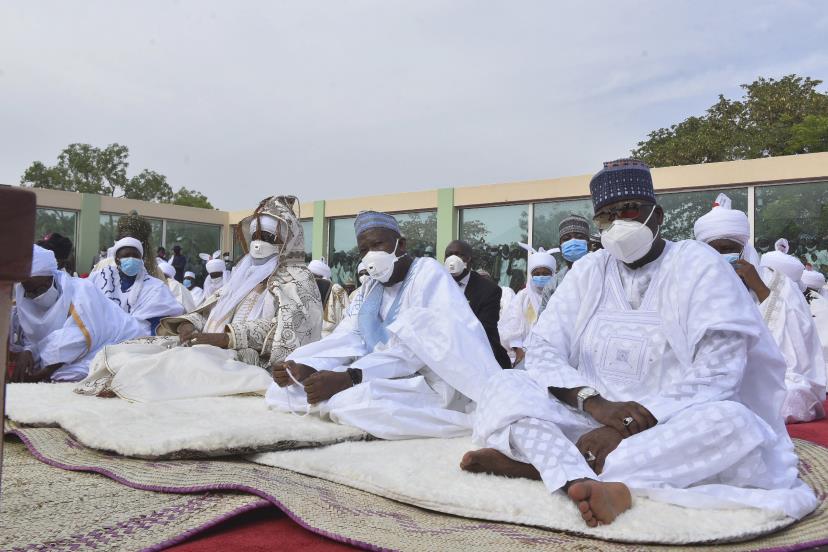 Below are some of the basic features of Eid-el-fitr celebration.
Below are some of the basic features of Eid-el-fitr celebration.
First, Eid-el-Fitr has a particular Salat that consists of two rakats (units) generally performed in an open field or in the Mosque (Masjid), but as a result of the Coronavirus Pandemic, this year’s Eid-el-fitr celebration was largely be without the congregational prayers. The eid prayer is followed by the sermon and a supplication asking for Allah’s forgiveness, mercy, peace and blessings for all living beings across the world. The sermon also instructs Muslims as to the performance of rituals of Eid, such as the Zakat.
Second, it is forbidden to fast on the day of Eid and a specific prayer is nominated for this day.
Third, as an obligatory act of charity, food stuff and money are offered to the poor and the needy (Zakat-ul-fitr) before performing the eid prayer (for those who can afford it). The essence of this is to ensure everyone is happy during the celebration and also serves a sacrifice to cleanse all human errors committed during the holy month.
Fourth, every Muslim who attends eid prayer must eat something before the two rakats prayers because it is forbidden to fast on this day.
Fifth, every Muslim- old, young, men and women, including those who are off-Salat are encouraged to troop out to the praying ground in appreciation of Allah’s mercies throughout the month of Ramadan.
Significance of Eid-el-Fitr
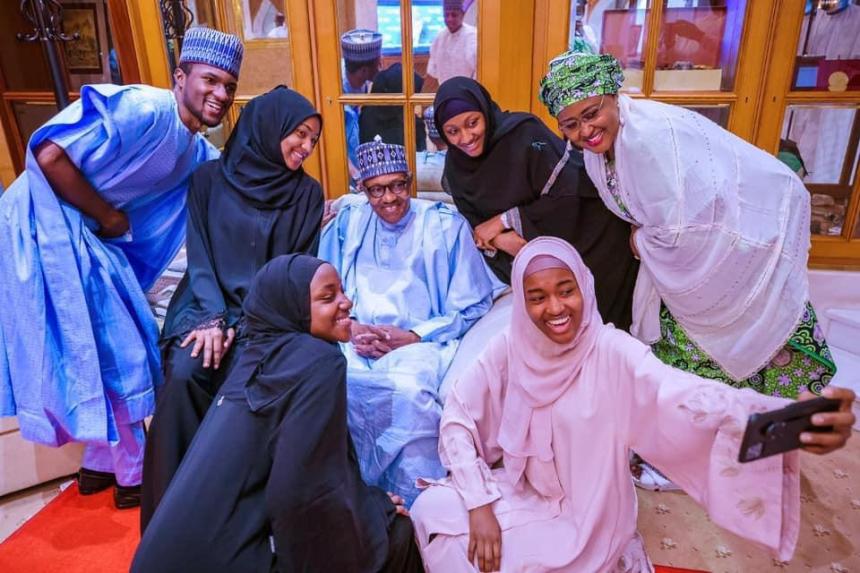 As earlier noted, Eid-el-fitr is celebrated to mark the end of the obligatory 29 or 30 days of fasting in the month of Ramadan. As such, it is a core aspect of Islamic religion practiced by the holy prophet. Since it is a directive from the Almighty Allah, Eid-el-fitr is significant in many ways. Some of them are;
As earlier noted, Eid-el-fitr is celebrated to mark the end of the obligatory 29 or 30 days of fasting in the month of Ramadan. As such, it is a core aspect of Islamic religion practiced by the holy prophet. Since it is a directive from the Almighty Allah, Eid-el-fitr is significant in many ways. Some of them are;
First, the celebration is a way of thanking Allah for the successful completion of fasting in the holy month of Allah. Every day spent on earth is a special grace from God almighty, hence the need to thank Allah. Eid-el-fitr provides Muslims the opportunity to thank Allah for counting worthy of witnessing yet another celebration.
Second, it serves as a bond among Muslims of the world. The congregational prayer that comes with Eid-el-fitr serves as a bond for Muslim faith. This is because the congregational prayers affords Muslims the opportunity to mingle, pray, greet and share the merriments of the season together which might have not occurred in a long time.
Third, it is a means of expressing the beauty and uniqueness of Islam. Eid celebration shows the beauty of Islam as faithful wear their most beautify or most recent fabrics to the praying grounds in appreciation of God’s mercies in their lives.
Fourth, Eid-el-Fitr celebration reechoes the need for Muslims to turn to Allah in every situation and promote the spirit of giving.
2020 Eid-el-Fitr and COVID-19 Pandemic
 For the first time in a century, Eid-el-fitr was celebrated without the usual traditional funfair. No thanks to the Coronavirus pandemic. As a global health crisis, Coronavirus has affected every aspect of human endeavours, forcing nations across the world introduce different strict measures to contain the spread of the deadly virus. In Nigeria, with more than seven thousand confirmed cases of the virus, state and federal governments have introduced different measures to halt the spread, including ban on all public gatherings – social and religious. Even before the Eid celebration in Nigeria, Mosques and Churches have been under lock and keys, with Christian and Muslim faithful worshiping their creator independently at home.
For the first time in a century, Eid-el-fitr was celebrated without the usual traditional funfair. No thanks to the Coronavirus pandemic. As a global health crisis, Coronavirus has affected every aspect of human endeavours, forcing nations across the world introduce different strict measures to contain the spread of the deadly virus. In Nigeria, with more than seven thousand confirmed cases of the virus, state and federal governments have introduced different measures to halt the spread, including ban on all public gatherings – social and religious. Even before the Eid celebration in Nigeria, Mosques and Churches have been under lock and keys, with Christian and Muslim faithful worshiping their creator independently at home.
Traditionally, Eid celebration in Islam is congregational, but with the enforcement of social/physical distancing rule and ban on social and religious gatherings, the celebrations has been limited to a family affair. This is because the traditional congregational Eid prayer was not observed and there was no Salah homage. Apart from its effect on the social life during the celebration, it has also impacted negatively on the purchasing power of every Muslim. Ordinarily, fasting for 29-30 days is a recurrent expenditure, and doing so during economic downturns increases the financial woes of many families. With limited resources, coronavirus has undoubtedly hindered Eid-el-fitr celebrations. Many could not afford this year’s Zakat-ul-fitr because of the economic hardship cause by Coronavirus pandemic.
Apart from the direct impact of the pandemic on individuals, corporate entities too were/are not spared. Although those manufacturing and selling beverages were heavily affected, those dealing in fabrics felt the impact. This is because buying new fabrics in this period is seen as a luxury, hence, many Muslims preferred to expend their meagre resources on food stuff, at least to have something on their tables during the celebration.
Eid-el-Fitr and COVID-19 Precautions
With or without Coronavirus, as long as the world continues to exist, there will be more eid celebrations. This is the fact many Muslim faithful must live with as they mark this year’s Eid-el-fitr. With the laid down guidelines for preventing the spread of COVID-19 pandemic, observing congregational eid prayer during this period is not
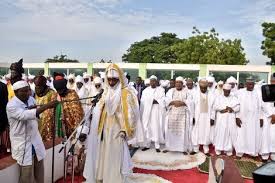
realistic, at least in major parts of the country. Muslims must not see this as a deprivation of their freedom of religion, rather should be more proactive in combating the spread of COVID-19 pandemic. While it is allowed to pray the eid within the house among family members, COVID-19 preventive measures such as social/physical distancing and hand washing must be adhered to. Recognising the need to halt the community spread of the virus and respect the restriction of movement in the Federal capital territory, President Muhammadu had barred public officials from paying him Salah homages as this may be one of spreading the virus.
Although this year’s eid-el-fitr has come and gone, it is pertinent for Muslim faithful and non-Muslims to obey existing guidelines for the fight against Coronavirus pandemic in order to flatten the curve.
As Muslim faithful marked this year’s Eid-el-fitr celebration amid Coronavirus pandemic, it is important they remain thankful to God Almighty for the good health throughout the holy month and wish for better days as they look forward to Eid-el-Adha.
Eid Mubarak………………………………





